In a world where giant, roaring dinosaurs ruled everything. They were the kings and queens for a super long time—about 150 million years. During this time, our ancestors, the early mammals, were tiny creatures living in the shadows.
They were often no bigger than a mouse, scurrying around at night to stay hidden. Life was tough for these little guys, as they tried to survive in a world not made for them.
Don’t Miss This!
After reading, challenge yourself with our interactive quiz at the end. Click here to take the Quiz
Table of Contents
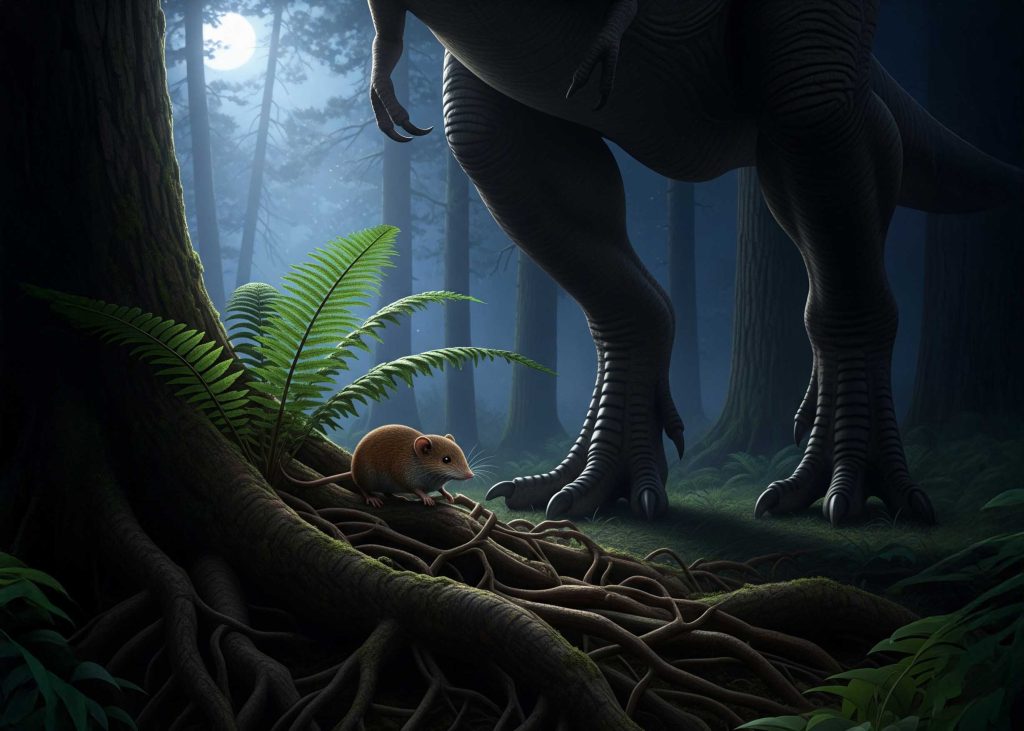
But then, 66 million years ago, a giant asteroid slammed into our planet. This single event kicked off the amazing story of mammal evolution after the dinosaurs. It was the moment everything changed for our ancestors.
The Survival Toolkit: How to Live Through an Apocalypse
When that giant asteroid hit, it caused a global disaster. First, there was a super-hot blast that set fires across the world. Then, huge clouds of dust blocked out the sun for months or even years.
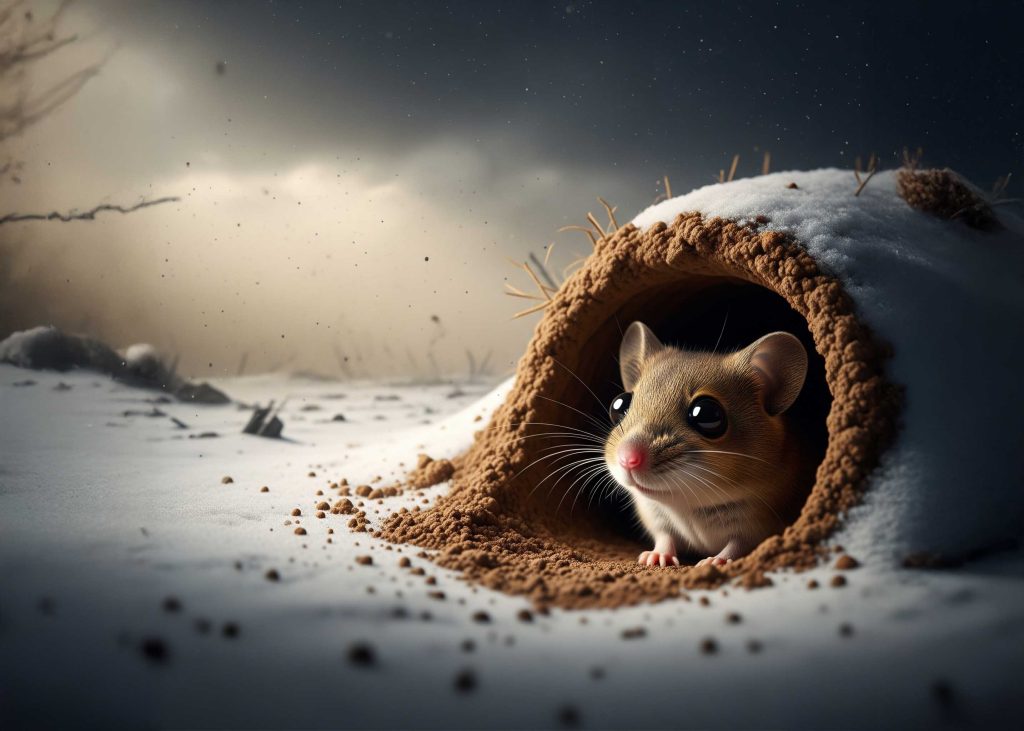
This caused a dark, cold time called an “impact winter.” Plants died without sunlight. Then the plant-eating animals and meat-eating animals died, too.
So, how did our tiny mammalian ancestors survive when the mighty dinosaurs perished? They had a special “survival toolkit” that helped them get through the worst of it.
- They Were Small: Small bodies need less food to survive. Our ancestors could find enough insects and seeds to eat while giant dinosaurs starved.
- They Lived in Burrows: Many early mammals lived underground in burrows. These burrows protected them from the initial blast and the freezing “impact winter.”
- They Were Warm-Blooded: Mammals are warm-blooded, meaning they can keep their bodies warm when it’s cold outside. This helped them stay active and find food during the freezing winter.
- They Were Generalists: Early mammals were not picky eaters. They could eat almost anything they found, which was a huge advantage when food was scarce.
- They Had Babies Differently: Many early mammals gave birth to live young and nursed them with milk. This gave their babies a protected start in a dangerous world.
“The asteroid that wiped out the dinosaurs was the single most important event in our own lineage’s history, clearing the stage for the Age of Mammals.”
The World After: Fast Mammal Evolution After Dinosaurs
The world after the extinction was a quiet, empty place. The giant dinosaurs were gone. This left huge, empty spaces, or “niches,” in the animal world.
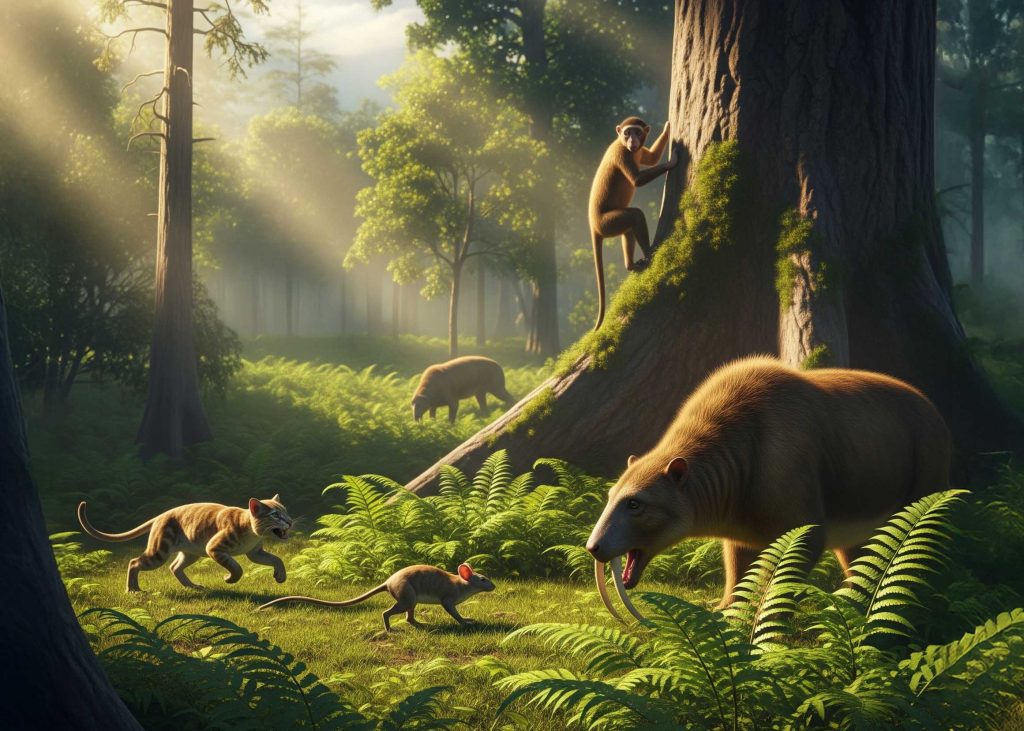
Imagine a giant playground where all the big kids suddenly left. This was a huge opportunity for the small mammals that survived.
With the giant predators gone, mammals began to change at an incredible speed. This is known as an adaptive radiation. It means one group of animals quickly evolves into many different new types.
In the first few million years, mammals exploded in size and form. They evolved from small creatures into the first large plant-eaters and meat-eaters. The ancestors of primates, rodents, and carnivorans all got their start here.
Within just 10 million years, the world was once again filled with large animals. But this time, they were mammals. It was a new age, the Age of Mammals.
New Discoveries: More Than Just Luck?
For a long time, scientists thought that mammals just got lucky. The asteroid hit, the dinosaurs died, and mammals were simply in the right place at the right time.
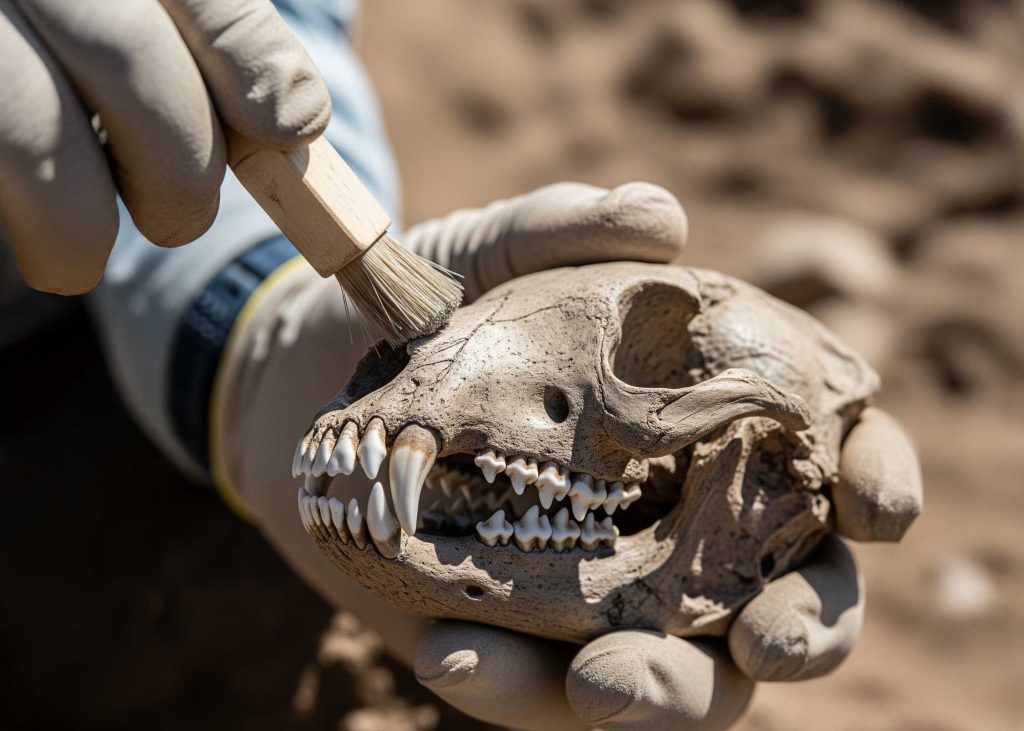
But new research suggests it might have been more than just luck. Some scientists are now looking at the brains of early mammals.
They think early mammals might have had slightly bigger brains for their body size. This could have made them smarter and more adaptable in a chaotic world.
Another interesting idea is about their teeth. Fossilized mammal teeth show they were very good at chewing many different kinds of food. This “generalist” diet was a huge advantage.
These new findings make the story of mammal survival even more amazing. It wasn’t just luck; it was also about their special abilities.
“The story of the rise of the mammals is a tale of resilience and opportunity. It shows that the traits that lead to success in one era can become a fatal weakness in the next.”
Our Story: A Legacy of Survival
The story of the rise of the mammals is a tale of resilience and opportunity. It shows that traits like the dinosaurs’ massive size can become a fatal weakness.
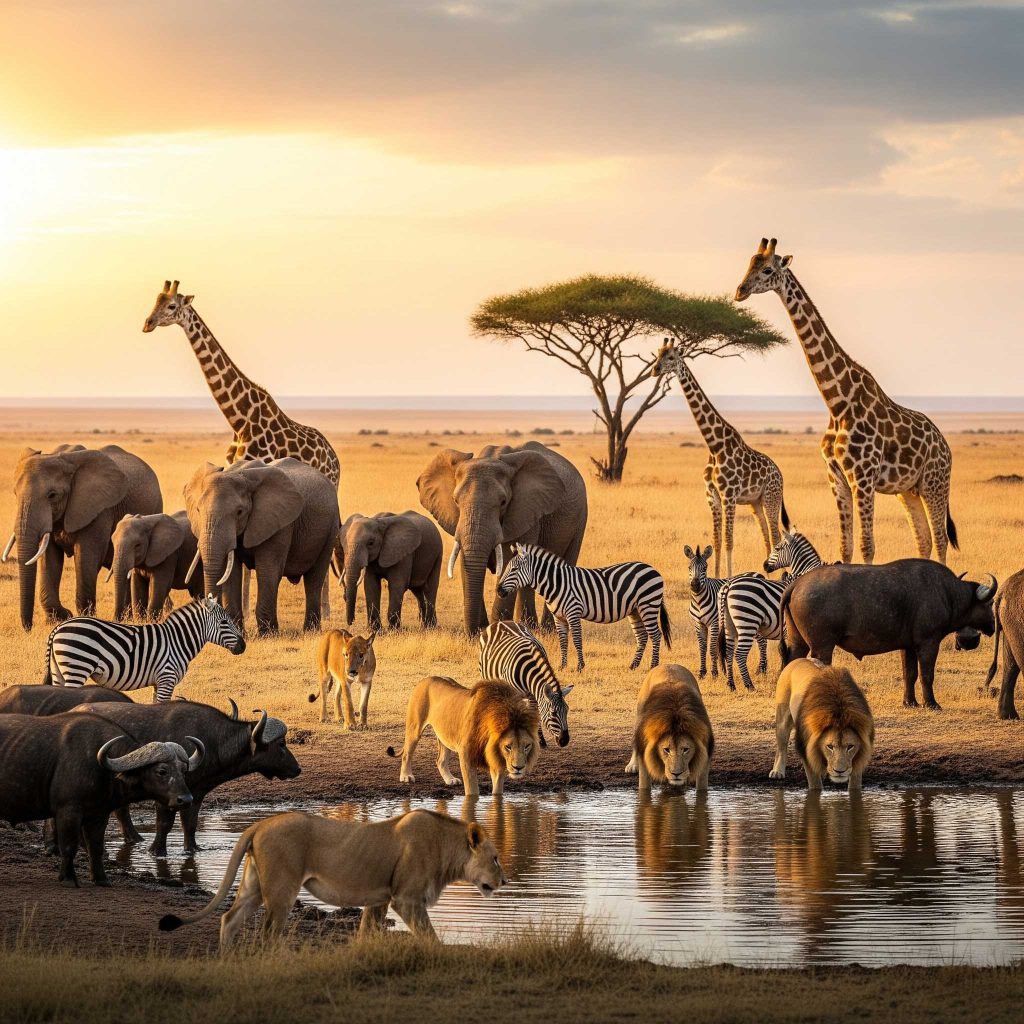
Our own evolutionary history was shaped by this catastrophic event. The asteroid cleared the stage for the Age of Mammals and, eventually, for humans.
Every time you see a mammal today—from a tiny mouse to a giant elephant—you’re looking at a descendant of those brave little survivors.
Rise of the Mammals Quiz
How well do you know the story of how our ancestors inherited the Earth?

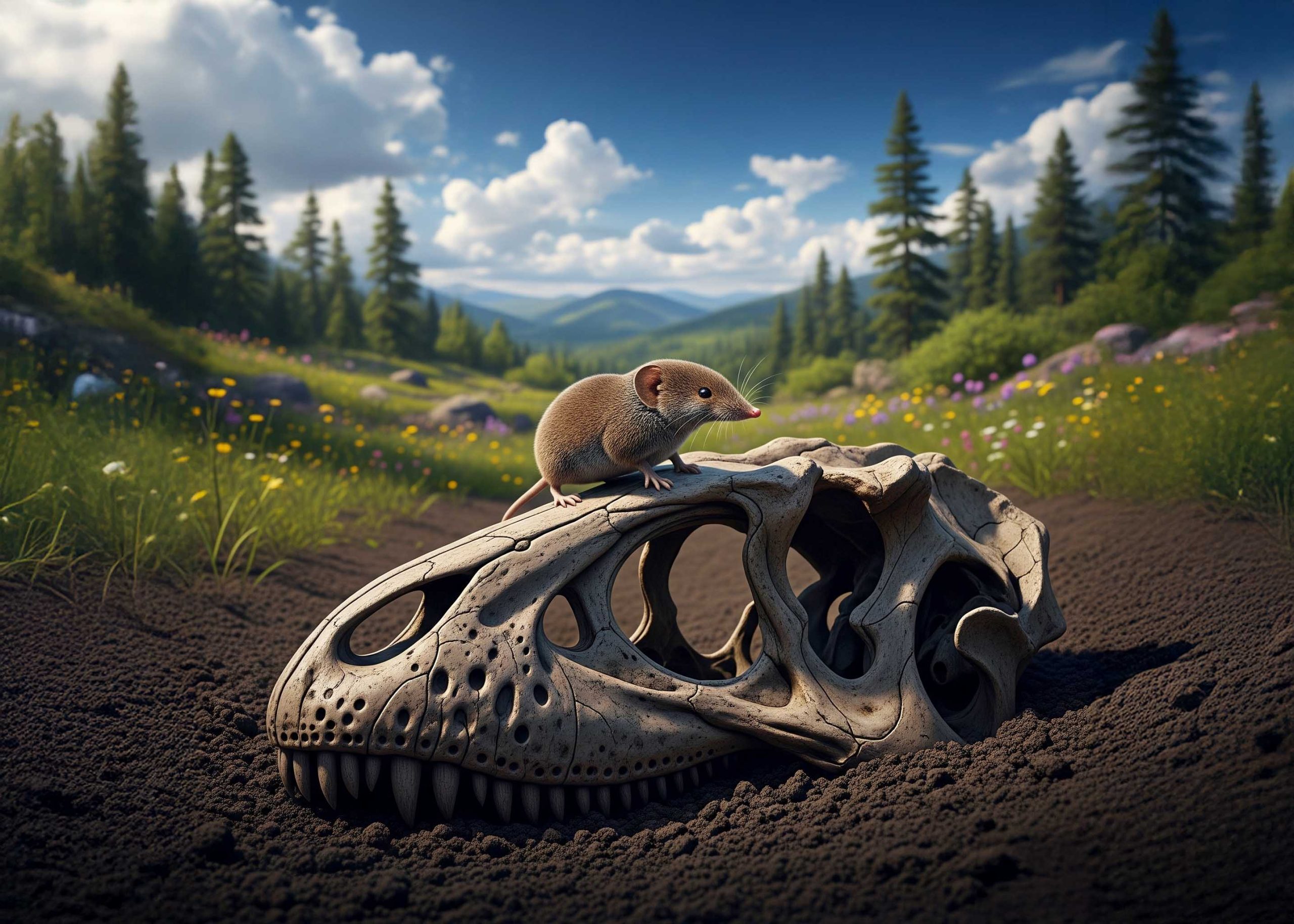
Leave a Reply